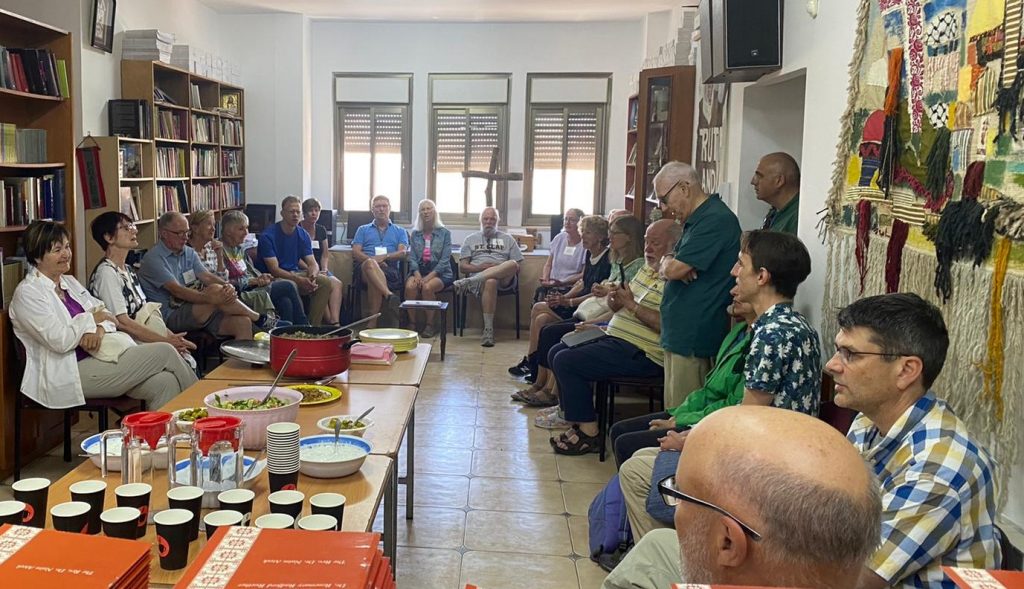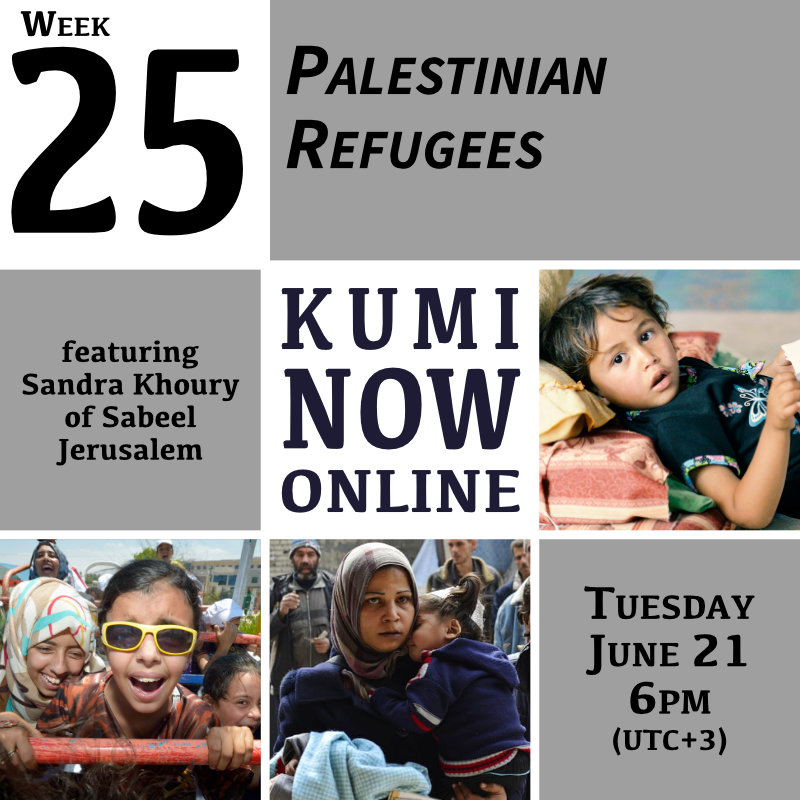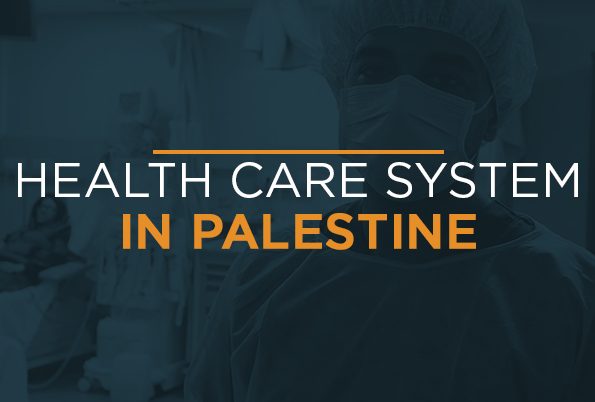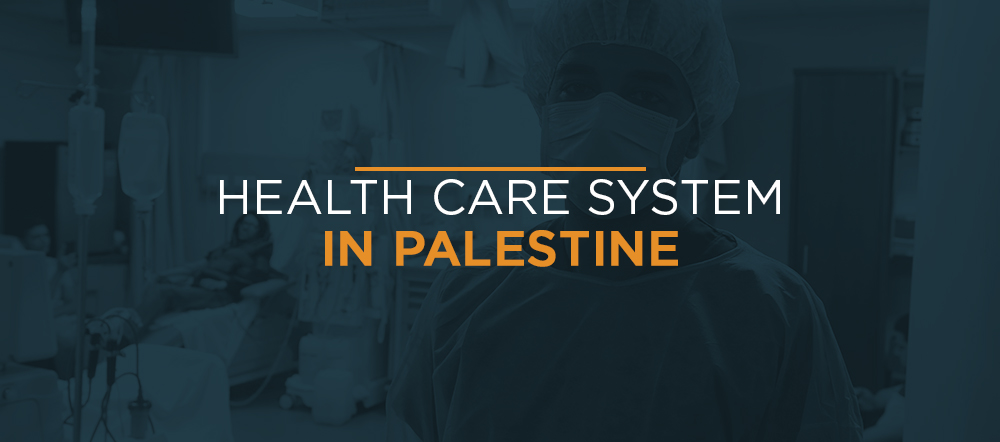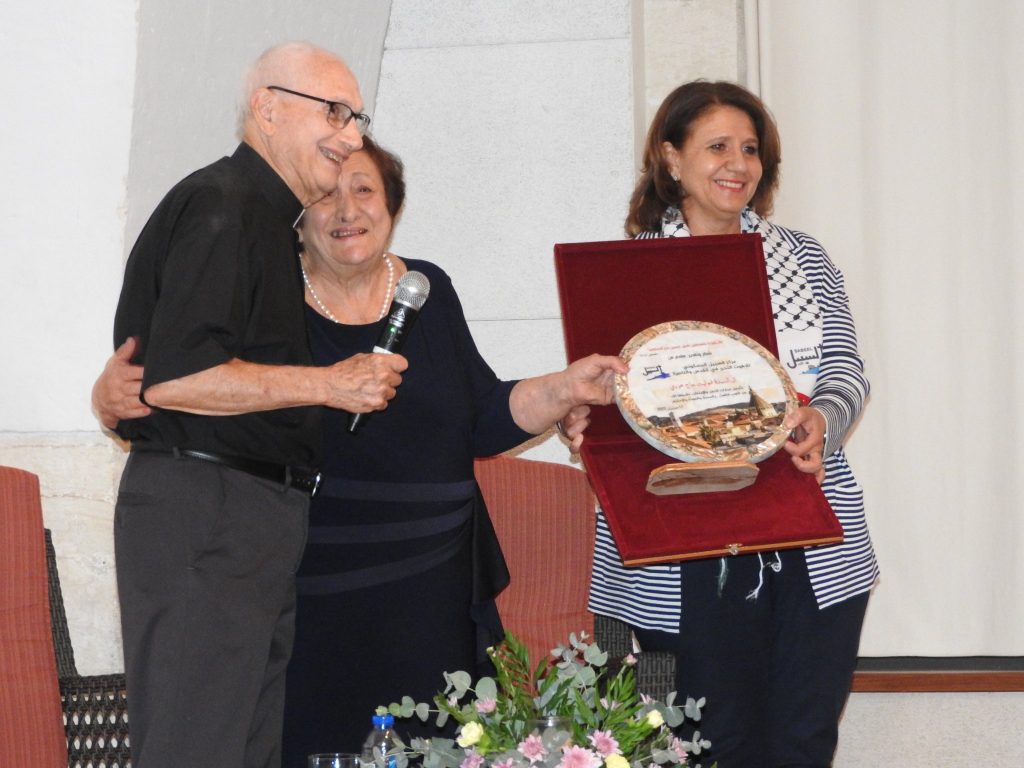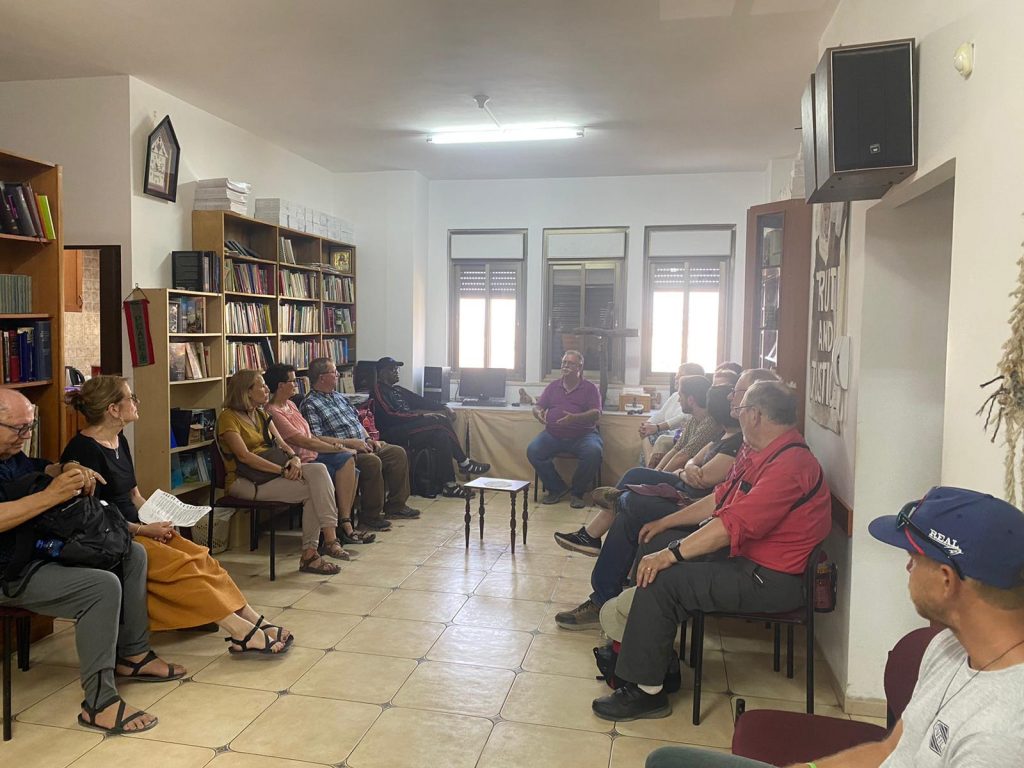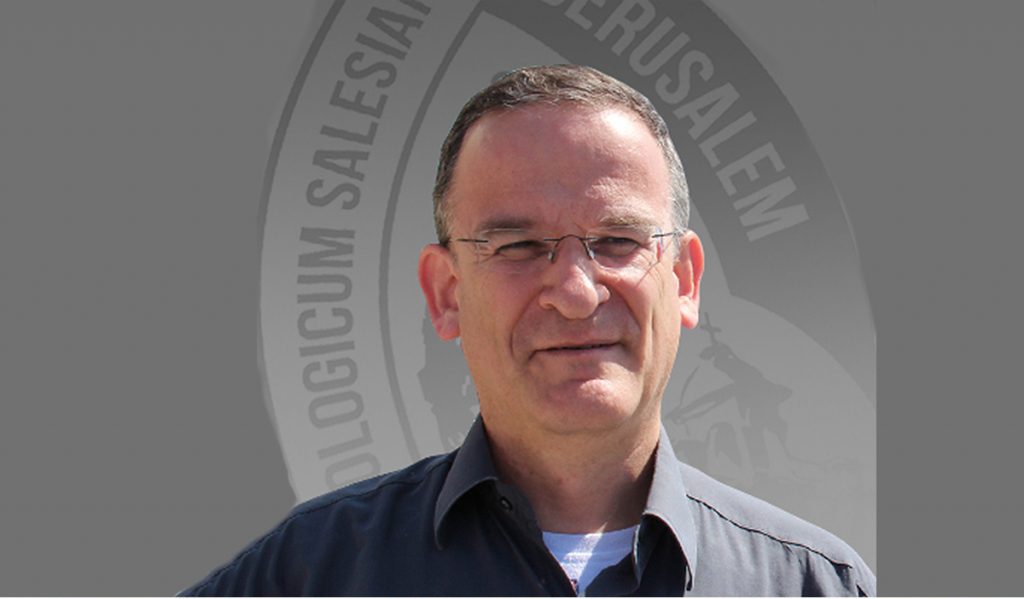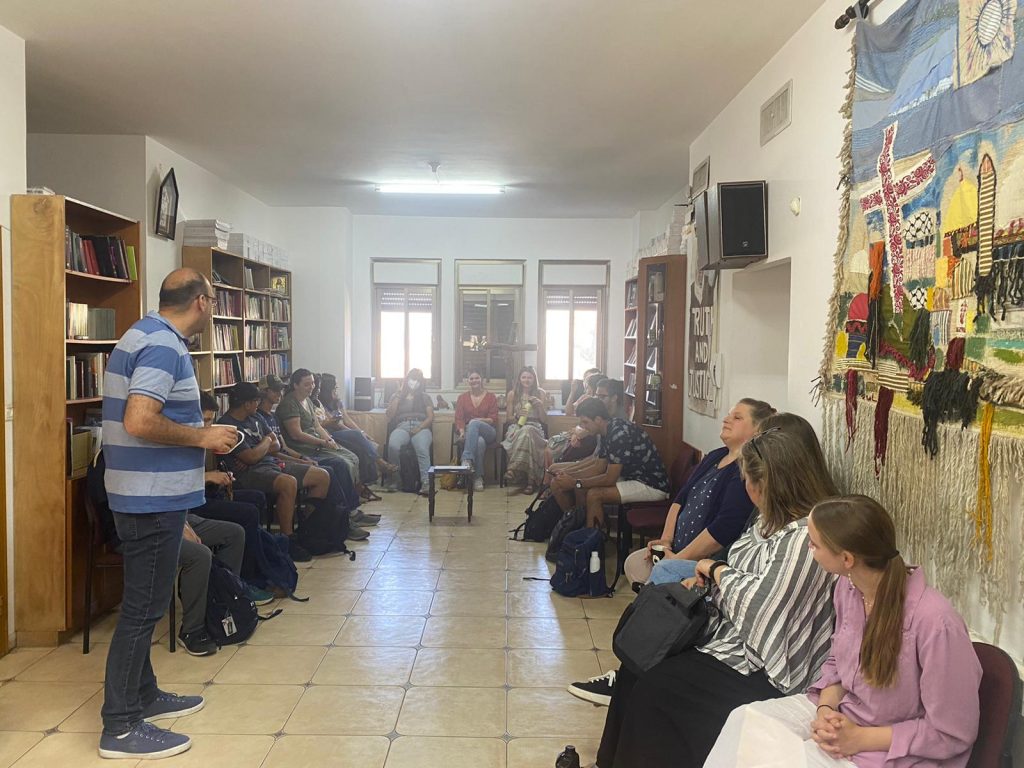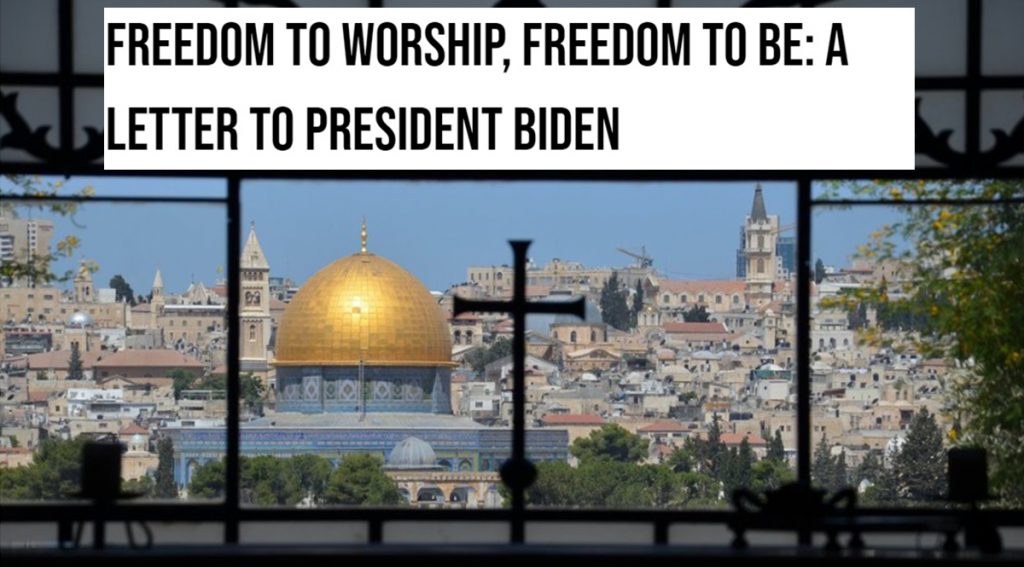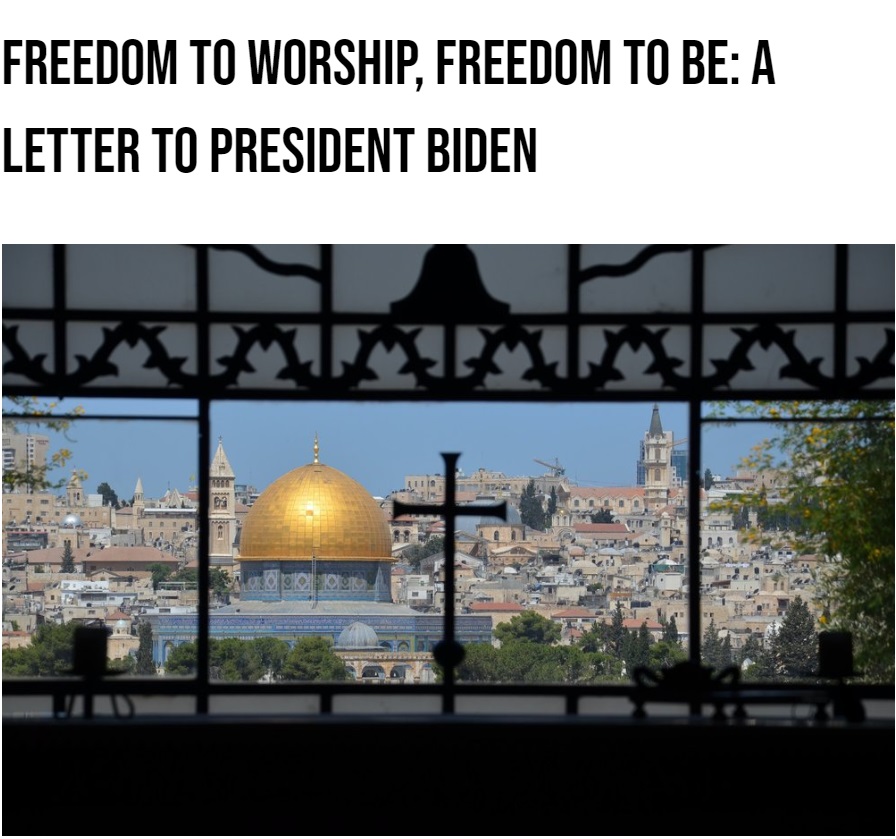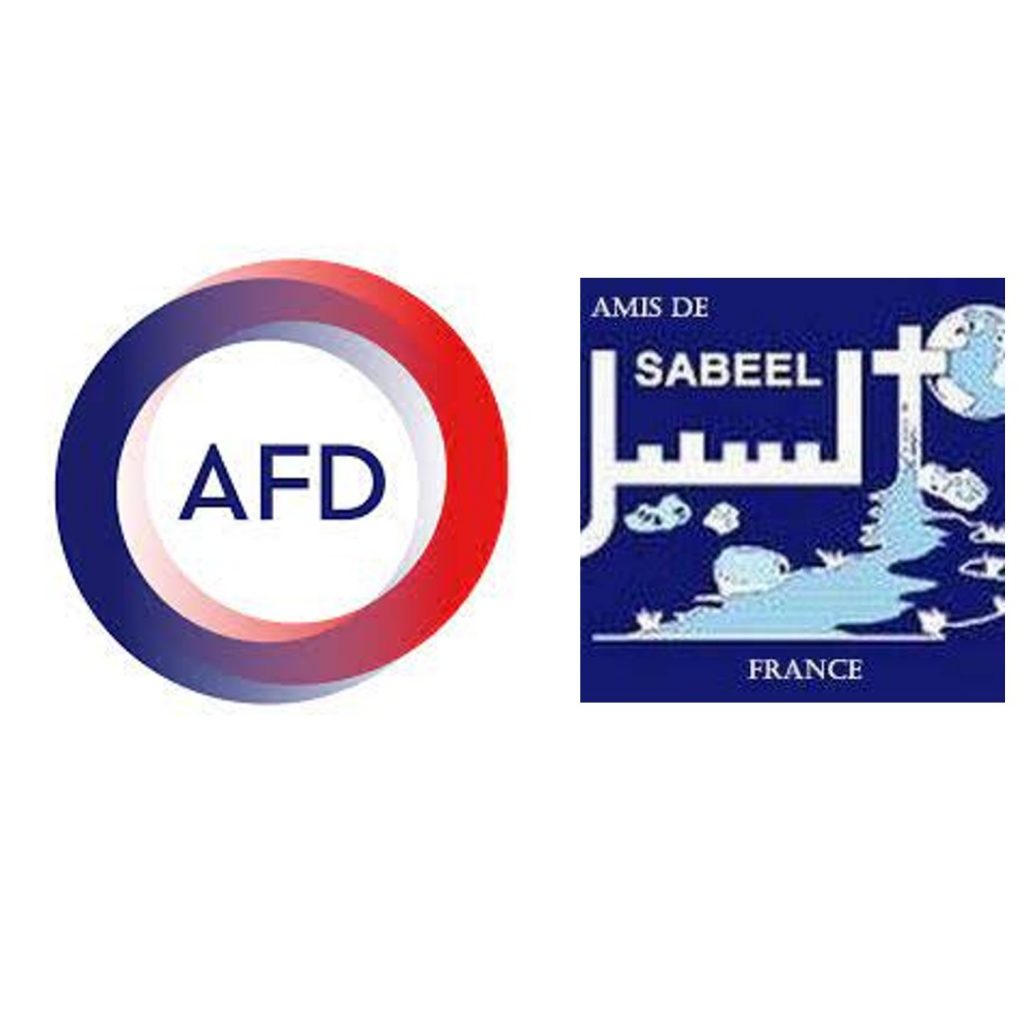

On Sunday 26 June, Friends of Sabeel France held a virtual meeting with the French Development Agency, Agence Française de Développement (AFD). Hani Kort gave a presentation about AFD’s work in Gaza, the West Bank, and East Jerusalem. The agency focuses on water and other development projects. AFD funds, supports, and accelerates the transtitions to a fairer and more sustainable world. Focusing on climate, biodiversity, peace, education, urban development, health, and governance, AFD carries out projects around the world.
Since last year, Sabeel has held meetings once every two months in French for our French speakers in Palestine. Many Palestinians speak languages in addition to Arabic and English. This gives us the opportunity to connect in many ways with our local community and our partners. The next meeting will be held on Sunday 18 September about the Palestine Museum of Natural History.

